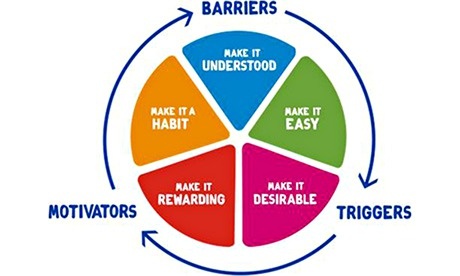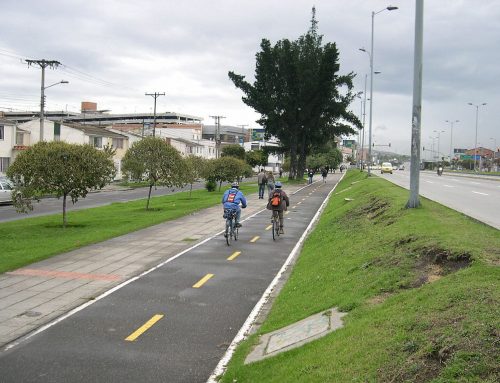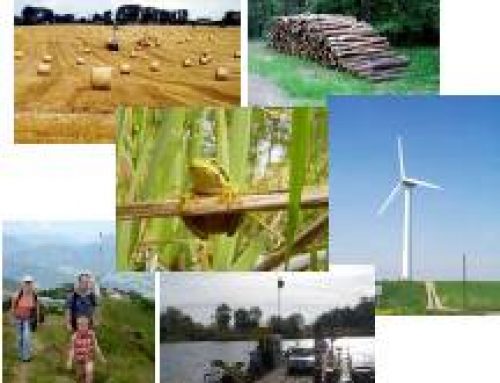Connecting people to nature: Can public challenges and competitions with high media visibility promote sustainable living in urban areas by building awareness, sharing information and through peer pressures?
Objective: to understand the barriers and motivators to inspiring behaviour change towards sustainable living
In 2012, Unilever ran a six-month research study called the Sustain Ability Challenge in 12 UK households in order to understand the barriers, triggers and motivators for sustainable living, focusing on food waste, energy and water use, and the sourcing of sustainable products. The study showed that householders could achieve improvements in all three areas while also saving money, and that over the experimental period individuals views on sustainable living changed. Participants felt more empowered to change their own behavior to move towards a more sustainable way of life and doing so became desirable and aspirational. The study identified 5 “levers for change” that overcame barriers and provided a trigger and motivation for behavioural change that had a long lasting effect:
- make it understood
- make it easy
- make it desirable
- make it rewarding
- make it a habit
In 2014, the Live Better challenge was launched across the UK by Unilever in partnership with The Guardian, a widely read news source (http://www.unilever.co.uk/sustainable-living-2014/news/sustain-ability-challenge.aspx). The challenge uses the objectification of sustainability as an aspirational quality as a leverage for participation. The Guardian issues weekly challenges to participants related to food waste, health, sustainable living and more, and complements this with news stories, inspirational stories, prizes and events.
A promising attribute of this seed is that every individual, irrespective of social standing, interest group or country of residence, could benefit from the initiative as it is scalable and has the potential for significant impact.



